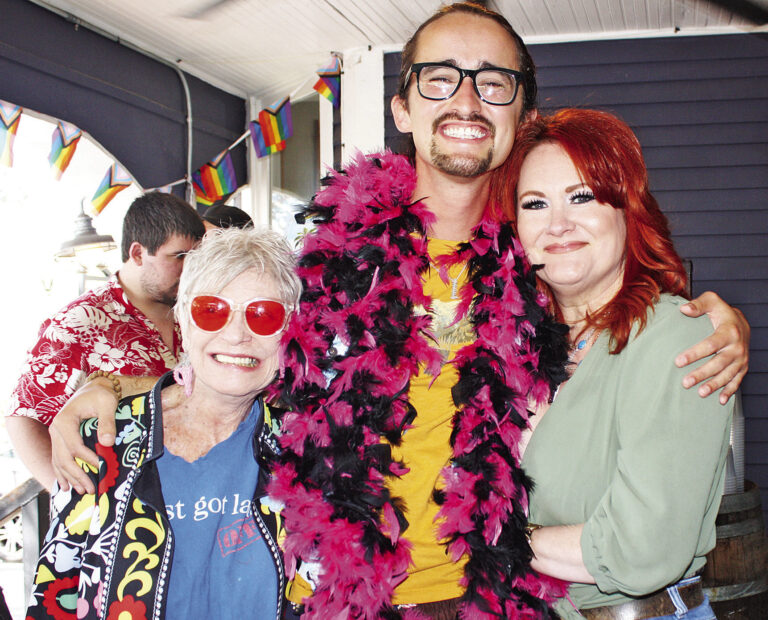The University of Arkansas for Medical Sciences (UAMS) will provide contraceptive services and reproductive health education to women living in Carroll and 13 other rural Arkansas counties in an effort to prevent unintended pregnancies and to improve access to women’s health care in Arkansas.
Through a private philanthropic grant awarded to the UAMS Institute for Community Health Innovation, UAMS will deploy mobile health units — vehicles equipped to provide services such as health screenings, prenatal care services and vaccinations — to provide contraceptives and education to women living in 14 counties.
By providing contraceptive services in those counties — Carroll, Ashley, Little River, Lee, Madison, Miller, Ouachita, Phillips, Newton, Sebastian, Sevier, St. Francis, Union and Washington — UAMS aims to eliminate barriers women may currently experience when trying to receive contraception, such as transportation, costs and language and cultural barriers.
“Women living in rural communities face a lot of challenges when trying to receive the contraceptive method of their choice,” said Kelly Conroy, senior director of Community Programs at the UAMS Institute for Community Health Innovation. “Their local clinics may not offer a full range of contraception methods, or they may not be available on-site. By bringing our mobile health units to those communities and working alongside their clinics and their local organizations, we want to help women navigate their reproductive health safely and effectively.”
The institute will work with organizations and clinics in the 14 counties to help schedule appointments for women ahead of the mobile unit’s visit. Patients will be preregistered to allow staff to prepare their contraceptive method of choice. Those methods might include the insertion of long-acting reversible contraception (LARC), a prescription for birth control pills or other options.
“Partnering with community-based organizations is critical to this project’s success,” Conroy said. “Those partners who have established trust in their communities will help drive this project and will help move Arkansas toward a better and healthier state for all women.”
The mobile health units will also be equipped to provide complementary services such as reproductive health education and testing for sexually transmitted infections. Clients also will be connected with trained community health workers who can help them access more resources and connect to other health care services.
As part of the project, UAMS also will train nearly 50 UAMS family medicine residents on LARC insertion, as well as discuss how to initiate conversations with their patients regarding their reproductive health goals. The project joins another UAMS-led initiative to prevent unintended pregnancies by providing training and support for administrators, clinical providers and billing personnel at delivering hospitals across the state so they can offer LARC to patients who have just given birth.
Immediate and early postpartum is an ideal time to begin contraception because women are accessing the health care system and are known not to be pregnant, said Nirvana Manning, M.D., professor and chair of the UAMS Department of Obstetrics and Gynecology. While percentages vary, upwards of 60 percent of women in Arkansas don’t return to their provider for their six-week postpartum visit.
For several years Arkansas has ranked as one of the worst states in America for maternal mortality. The U.S. Centers for Disease Control and Prevention (CDC) reported last year that in 2019, about 35 percent of all pregnancies in the United States were unintended. In 2022, the Arkansas Department of Health said that 54 percent of women in Arkansas reported that they were not trying to get pregnant when they did.
The financial burden on states and the federal government from unintended pregnancies is more than $21 billion, according to a 2022 report from the U.S. Congressional Joint Economic Committee.
The LARC initiative has been endorsed by the American Congress of Obstetricians and Gynecologists (ACOG), the American Academy of Pediatrics (AAP), the American Academy of Family Physicians (AAFP) and the CDC as among the most effective family planning methods. Clinical practice guidelines from the CDC and ACOG support immediate postpartum insertions for both IUDs and implants, with few contraindications.
For more information about the UAMS Institute for Community Health Innovation, visit communityhealth.uams. edu.

